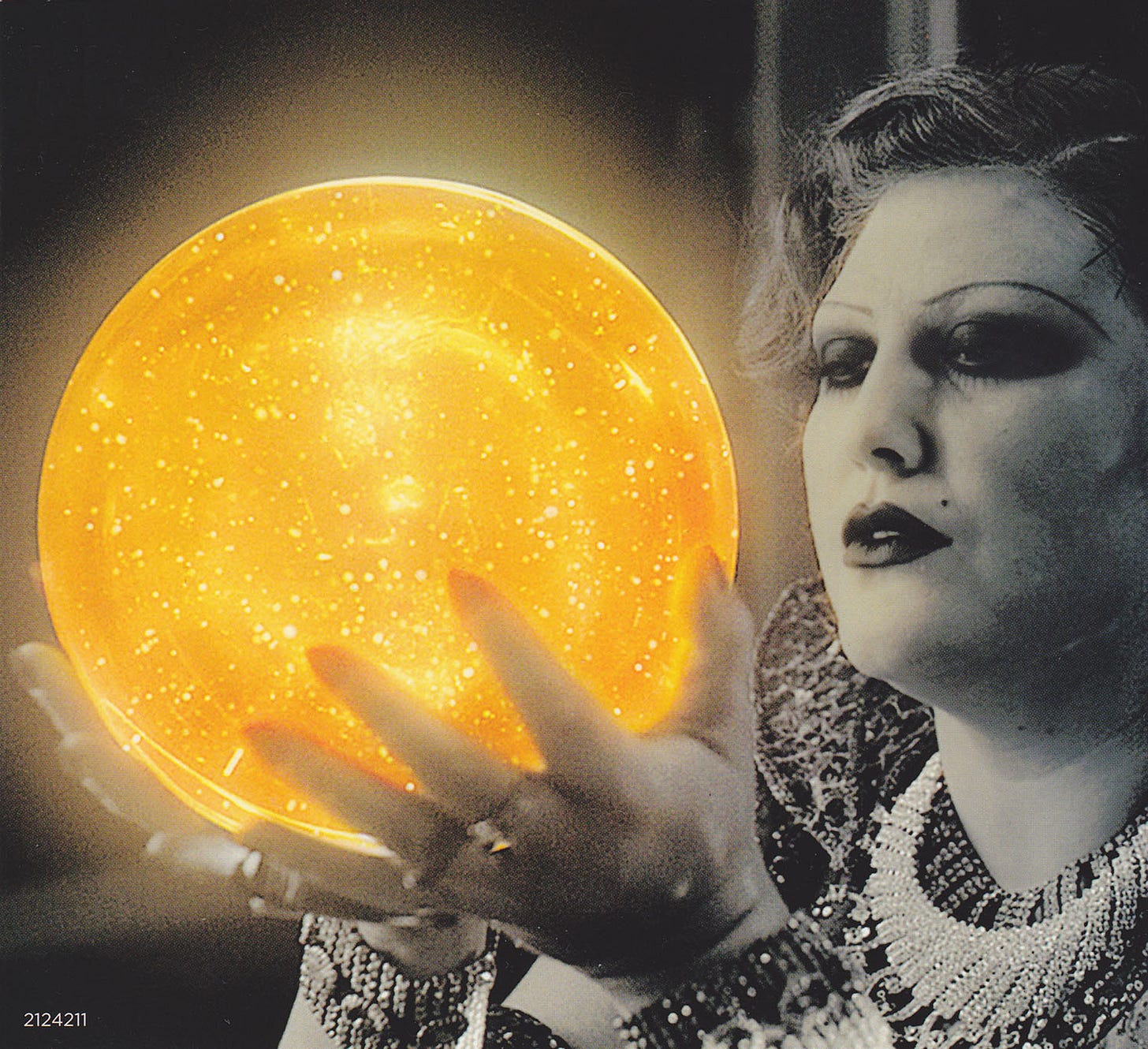One of my favorite David Lynch quotes is taken from this interview, in which he discussed the death of his friend and colleague Angelo Badalamenti:
It has gone viral again, since Lynch has left us to fend for ourselves.
It reminds me of this quote I often think about, courtesy of Albert Einstein on the passing of a friend:
Lynch was right. Einstein was right.
But when our heroes are done, it’s our job to honor them. In the wake of Lynch’s death, I find this job to be intimidating. His work is pierced with brilliant shards of love. He created horror, but did it without contempt for his characters. He hugged monsters to his chest, and saw that there’s light that trembles just beyond them.
David Lynch gazed into the abyss, and winked, and the abyss winked back.
How do you honor THAT.
Personally, there is a lot of weird writing that I’ve been too chickenshit to do, and I think I should go ahead and do it. If not now, when.
For the purposes of this letter, however, I want you guys to remember that Lynch believed in the practice of transcendence. And I don’t just mean his transcendental meditation foundation, which people can mock as being too frivolous but which actually gets at the heart of well-being (you can’t be healed if your thoughts are all over the place), but also simply going beyond the scope of the physical world and letting your mind, and consequentially your heart, expand into different realms.
With that in mind, I re-watched my favorite episode of Twin Peaks: The Return, which is Part 8, of course, after I found out Lynch had died.
A lot of people thought this episode was incomprehensible and got very mad about it when it first came out. But if great books can’t be read, only re-read, the same goes for great television. Part 8 is a magical parable on manmade evil - in this case, the atomic bomb - and how it paves the way for supernatural evil. It’s a look at how we open doors that should stay closed, like Adam and Eve, and invite a living darkness to make a home within us.
In Paradise Lost, John Milton made a convincing argument on how we are all a story that God is telling himself. We are, therefore, doomed to open certain doors, and there is no sense to freak out about it, we just have to do what we must. And occasionally, if we’re lucky, we will get some help:
The parallels between Jesus and Laura Palmer are heavy in this episode, but they are also tender and tragic - Laura was a messed up girl, doomed from the start like the rest of us, but at the same time she contained magic and love and unimaginably powerful grace. I love that Lynch thought so. It says something important about how he ultimately viewed the world - a terrible place that is worth saving, always.
It was interesting to me that my dog, who is not interested in television unless there’s another dog barking on screen, became riveted by Episode 8 and hung out with me and watched it. When Senorita Dido appeared, he perked up and wagged his tail. I don’t want to make a big deal out of it, but it was cool to experience. (The cat is much less supportive of my TV breaks; time not spent petting her is time wasted as far as she’s concerned)
Lynch was born in Montana and moved around a lot with his family - Idaho, Washington state, North Carolina, Virginia, etc. He was a Boy Scout, raised far away from the coastal nerve centers of American film, which worked to his advantage. He sounded like a guy from the Great Plains, and worked like one. The reason why he is so hard to imitate is because he understood America to be a place of terrifying power, but had a sincere and (yeah, here’s that word again) transcendental love for it. The ironists could never.
Like Laura Palmer in Episode 8, Lynch was a gift to the world. He would’ve never admitted it, but it’s OK for us who mourn him to admit it now. I think he helped many people, whether he knew it or not. I know he helped me.
I’ve written about Lynch’s importance in post-Soviet society before (sorry the formatting here is messed up, that site is barely operational now; it’s been put on ice like many other good projects), but I’ve also moved beyond (transcended, lol) the person I was when I wrote that piece. My life is darker because my worst suspicions about the evils that Putin vomited into being came true, and it’s also brighter, because I am more of my own person. I am dead, yet I live, in other words.
This is all just to say that I feel grateful to have shared a planet with David Lynch, and like him, I believe it’s worth fighting for.
We will all meet again, and the story goes on, and there’s shit to do.







Please go ahead and write the weird that you feel.
It might never see the light of day, or some shock jock might discover the Written Trove of Natalia hidden behind the drywall, but who knows what you'll discover next after materializing that part of you.